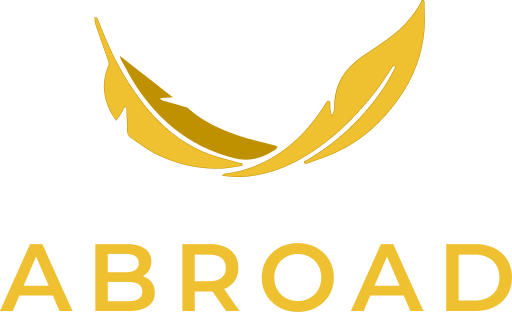Lessons in Leadership: What Modern Leaders Can Learn from the Nomads of the Mongolian Steppe
The Mongolian Steppe, an expansive, windswept landscape, has been home to nomadic peoples for centuries. These resilient individuals have learned to thrive in a challenging environment through cooperation, adaptability, and respect for the earth. Though seemingly distant from the world of corporate leadership, their ways of life offer profound lessons for today's leaders.
Adaptable Leadership: Embracing Change
In the volatile weather of the Mongolian Steppe, nomadic families must be prepared to adapt quickly to changes. This adaptability is mirrored in our rapidly-evolving business world, where leaders must be ready to adjust strategies and pivot in response to emerging trends and disruptions.
Lesson 1: Embrace Change. Change is not an enemy but an opportunity for growth and innovation. The ability to adapt is a crucial skill in leadership, preparing your organization for unforeseen challenges and keeping you ahead of the curve.
Collective Decision-Making: Harnessing the Power of Collaboration
Nomadic communities are often small, tightly-knit groups, where decisions are made collectively. The wisdom of each individual is respected, fostering a sense of belonging and shared responsibility.
Lesson 2: Foster Collaboration. Leaders can inspire a collaborative culture in their organizations by encouraging open dialogue, valuing diverse perspectives, and promoting collective decision-making. This can lead to more informed decisions and a stronger sense of team unity.
Respect for the Environment: Sustainability as a Core Value
Nomadic cultures demonstrate a profound respect for their environment. Their livelihoods depend on the land and animals they tend, leading to sustainable practices that ensure their survival and the health of the ecosystems they inhabit.
Lesson 3: Prioritize Sustainability. Modern leaders are increasingly recognizing the importance of sustainable business practices. By integrating sustainability into your core values, you're not only contributing to global efforts to combat environmental challenges, but also boosting your organization's long-term viability and reputation.
Conclusion
Leadership is not confined to boardrooms or business books. It is found in all walks of life, from the bustling city to the tranquil Steppe. By learning from the nomads of Mongolia, modern leaders can adopt valuable strategies for adaptability, collaboration, and sustainability.

